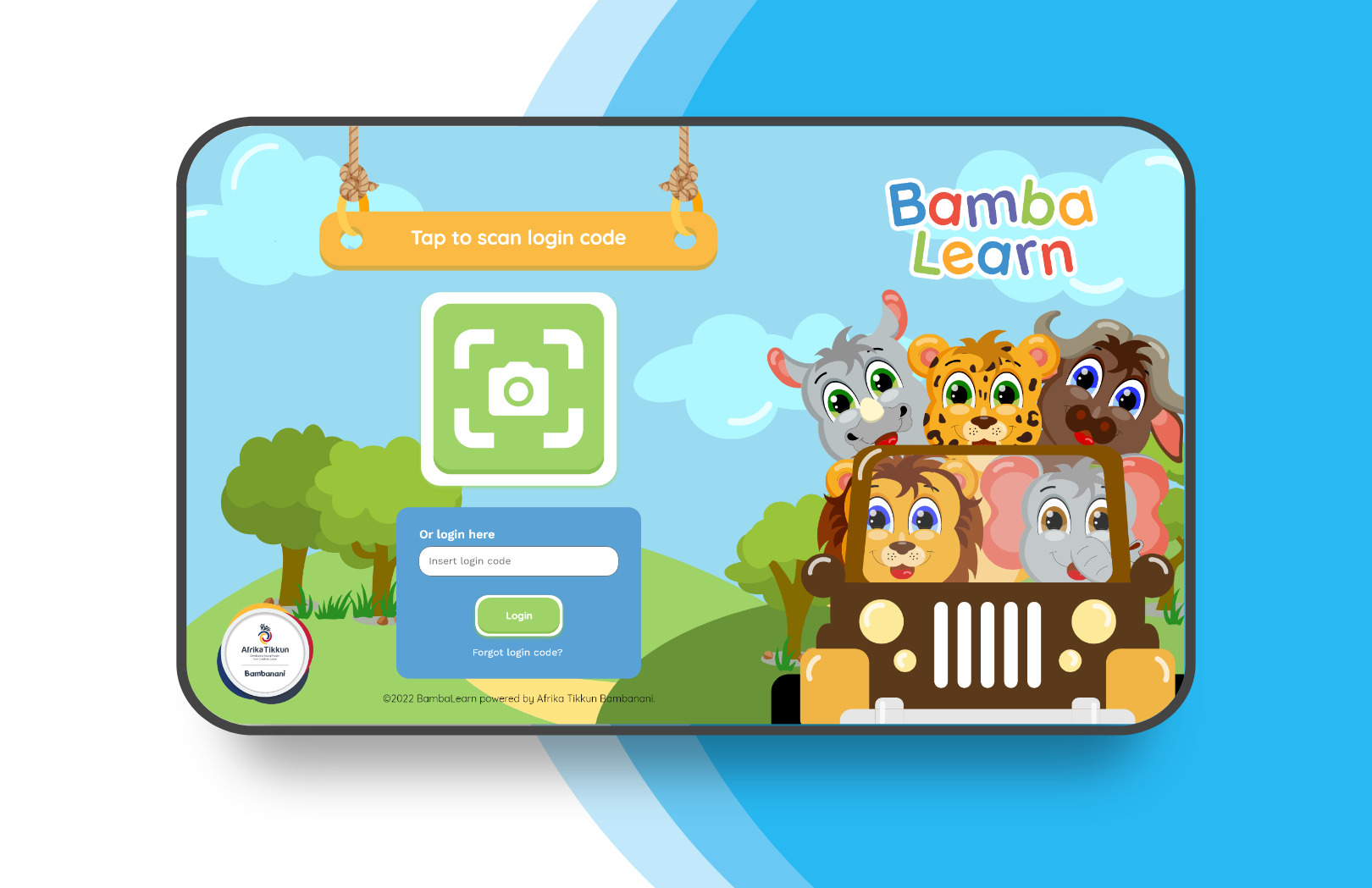Author: Sivoxi

Revolutionizing early childhood development with the Bamba Learn app
This ground-breaking app is set to revolutionize early childhood development (ECD) in South Africa, and we're thrilled...

Six ways how mobile & tablet application development can transform your business
The development of mobile and tablet apps can have a significant impact on a business, providing a...

Analyse your business’s data using data analytics
The process of examining, cleaning, transforming, and modeling data with the goal of discovering useful information, informing...

Proactive security, driven by AI
Security cameras have become an essential tool in recording and tracking crime but what if there was...








